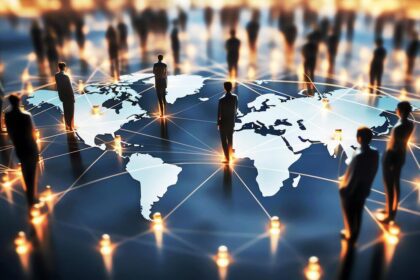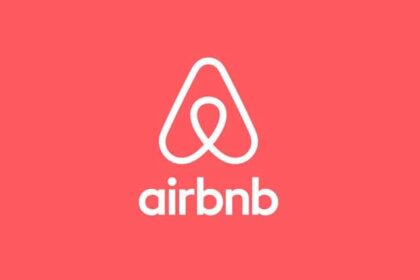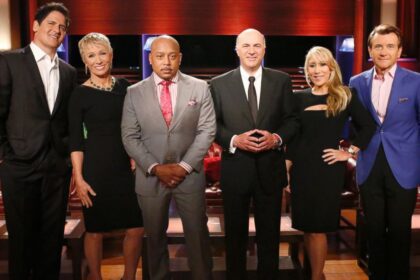Why Psychology Sells Better Than Discounts
When you walk into a store or browse online, your decisions are rarely just about price. Businesses rely on subtle psychology tricks that influence your choices without you realizing it. These tactics tap into human emotions and cognitive biases to drive sales.
According to a 2022 McKinsey study, over 70% of purchase decisions are influenced by psychological triggers rather than rational comparisons. Successful brands know how to turn these insights into strategies that make consumers buy more, more often.

The Scarcity Effect
Scarcity is one of the most powerful tools in consumer psychology. When something feels rare, it suddenly feels more valuable.
Airbnb listings that show “Only 1 room left” drive faster bookings. Retailers also use phrases like “limited edition” or “low stock” to trigger urgency.
Lesson: People fear missing out more than they desire saving money.

The Anchoring Effect
Anchoring makes customers compare prices based on the first number they see. A $300 jacket feels expensive until it is shown next to a $600 option. Suddenly, $300 feels like a deal.
Amazon, for example, often lists “original prices” above the sale price, framing the discount as irresistible even if the new price was the intended target all along.
Lesson: First impressions shape perceived value.

The Social Proof Principle
Humans trust the choices of others. Social proof reviews, testimonials, and star ratings signals that a product is safe and popular.
Yelp, TripAdvisor, and Amazon thrive on this principle. A product with thousands of positive reviews almost always outsells one with none, even if they are of equal quality.
Lesson: People do not want to be first; they want to follow the crowd.

The Power of Urgency
Countdowns and flash sales push buyers to act quickly. This triggers what psychologists call “loss aversion” the pain of missing out outweighs the joy of waiting for a better deal.
Brands like Booking.com use urgency with phrases such as “This deal ends in 2 hours” to accelerate decision-making.
Lesson: A ticking clock is a silent salesman.

Emotional Connection Over Logic
At the heart of every great brand is emotion. Apple sells status, not just smartphones. Nike sells motivation, not just sneakers. Starbucks sells belonging, not just coffee.
Harvard research shows that emotionally connected customers are 52% more valuable than highly satisfied customers. Logic may justify a purchase, but emotion drives it.
Lesson: People buy feelings, not features.

Conclusion: The Mind is the Marketplace
The psychology trick that makes you buy more is not one trick at all it is a combination of scarcity, anchoring, urgency, social proof, and emotion. Together, they form a playbook businesses use to turn interest into action.
For entrepreneurs, the lesson is clear: understand psychology before you design pricing, offers, or campaigns. The more you align with human behavior, the less you need to push with discounts.
The most successful brands sell to the mind first and the wallet second.
FAQs
1. What is the most common psychology trick in sales?
Scarcity and urgency are the most widely used tactics, especially in e-commerce.
2. Are these psychological tricks manipulative?
They can be, but when used responsibly, they simply help customers make decisions faster.
3. Why does emotion influence buying so strongly?
Emotion bypasses logic and makes customers feel personally connected to a brand.
4. Can small businesses use these tricks too?
Yes, even small touches like reviews, countdowns, or “limited stock” tags can boost sales.
5. What is the takeaway for entrepreneurs?
Design experiences that tap into psychology, not just price, to build stronger customer loyalty and higher conversions.






